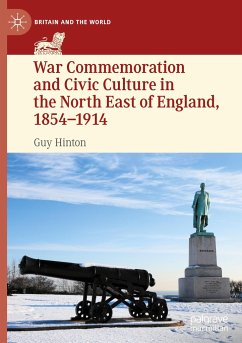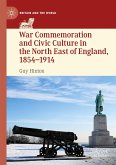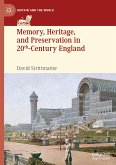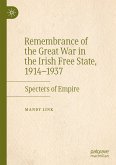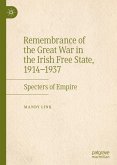This book examines a diverse set of civic war memorials in North East England commemorating three clusters of conflicts: the Crimean War and Indian Rebellion in the 1850s; the 'small wars' of the 1880s; and the Boer War from 1899 to 1902. Encompassing a protracted timeframe and embracing disparate social, political and cultural contexts, it analyses how and why war memorials and commemorative practices changed during this key period of social transition and imperial expansion. In assessing the motivations of the memorial organisers and the narratives they sought to convey, the author argues that developments in war commemoration were primarily influenced by - and reflected - broader socio-economic and political transformations occurring in nineteenth-century and early-twentieth century Britain.
"Hinton reveals in this fascinating account of civic remembrance of nineteenth century conflict in the north east of England, there is a richer field of enquiry at another level ... . The significance of this work is in exposing the local decisions that were made to create these sites and their place as civic markers. As such, these are places that are always subject to what we regard as a society and a reflection of the state of our democracy." (Ross Wilson, Northern History, Vol. 59 (2), 2022)

